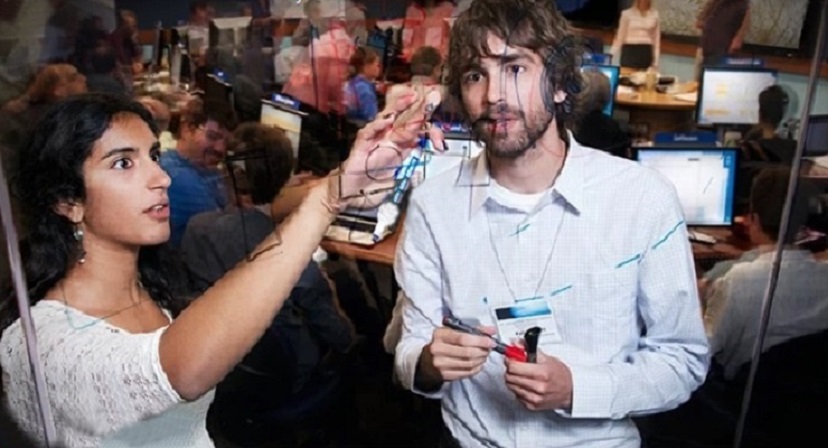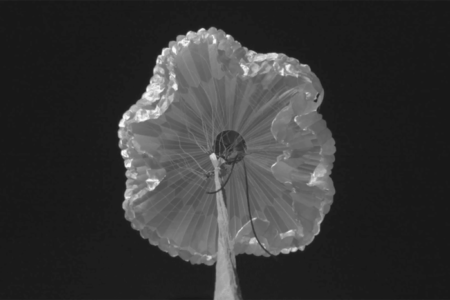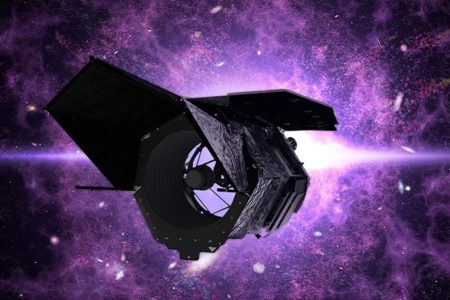
Photo courtesy JPL/NASA
Jet Propulsion Laboratory in Pasadena has started accepting applications for the 2021 NASA Planetary Science Summer School (PSSS), an internship opportunity for graduate students and postdoc researchers interested in mission planning and the opportunity to work on a planetary mission concept.
Class begins on May 24, with the first 10 weeks dedicated to preparatory webinars where participants act as members of a science mission team, and the final culminating week mentored by JPL’s Advance Project Design Team. During this final week, participants refine their planetary science mission concept design and present it to a mock expert review board from NASA.
The culminating week is typically at JPL, but it may likely be virtual this year due to COVID-19 pandemic conditions, JPL said in an announcement.
PSSS is part of NASA’s Science Mission Design Schools which are three-month-long career development experiences for doctoral students, recent Ph.D.s, postdocs and junior faculty with a strong interest in science-driven robotic space exploration missions.
“The Science Mission Design Schools are designed to prepare the next generation of scientists and engineers for participation and leadership in space science missions of the future,” JPL said. “In 2021, we are offering two sessions of the Planetary Science Summer school, which focus on planetary exploration.”
Session 1 is from May 24 to August 6, and Session 2 is from May 24 to August 20, the announcement said.
Throughout the course, the participants will develop and propose their mission in the same way that many actual science teams do: by responding to a NASA Announcement of Opportunity (AO). The course is designed to take the participants through steps that mirror those of a team actually proposing a mission to NASA. Any differences between the course content and reality are clearly explained.
During the culminating week, participants present their mission concept to an experienced review board of NASA headquarters and NASA Center experts. The review board provides instructional feedback on the mission presented by the participants, including key points to remember when proposing a real mission.
Applications will be due on April 1.
Science and engineering doctoral candidates, recent PhDs, postdocs, certain engineering MS students, and junior faculty who are U.S. citizens or legal permanent residents – and a very limited number of foreign nationals from non-designated countries – are eligible. Applicants from diverse backgrounds are particularly encouraged to apply.
For more information and to apply, visit www.jpl.nasa.gov/edu/intern/apply/nasa-science-mission-design-schools/.







